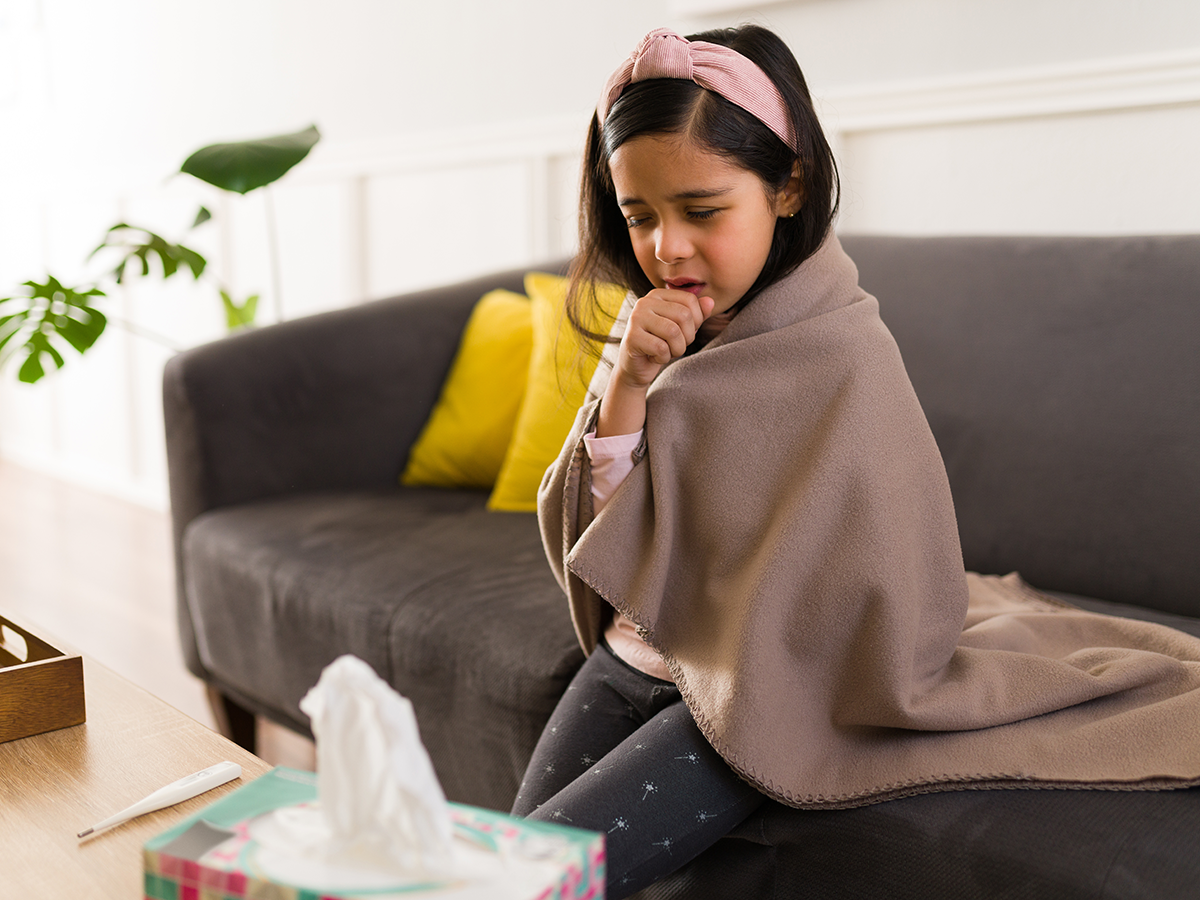Respiratory Syncytial Virus is common, and can be dangerous
 Across the country, hospitals are seeing an increase in Respiratory Syncytial Virus (RSV) cases, especially in children. The virus affects breathing passages and can cause deadly complications for vulnerable groups.
Across the country, hospitals are seeing an increase in Respiratory Syncytial Virus (RSV) cases, especially in children. The virus affects breathing passages and can cause deadly complications for vulnerable groups.
According to the Centers for Disease Control and Prevention, those at greatest risk include infants 6 months and younger, children younger than 2 with chronic lung disease or congenital heart disease, and children with weakened immune systems.
This holiday season, when families gather and the risk of spread is high, be aware of common RSV symptoms, treatments and preventive actions.
How to Tell RSV from a Cold?
RSV causes cold-like symptoms, including the following:
- Runny nose
- Coughing
- Fever
- Sneezing
- Headache
- Loss of appetite
If symptoms like these do not subside after a week or so, consult a physician.
An RSV infection in infants is dangerous, yet common. It can cause pneumonia or bronchiolitis. If you notice these severe RSV symptoms in your child, consult a doctor immediately:
- Difficulty breathing
- Short and rapid breathing
- Cough
- Poor feeding
- Unusual tiredness or irritability
Call your healthcare provider if you or your child is having difficulty breathing, not drinking enough fluids, or experiencing worsening symptoms.
Treatment
RSV is typically mild and can be treated at home. These steps will help you or a family member weather the infection:
- Alleviate fever and pain. Over-the-counter fever and pain medications can help with discomfort from symptoms.
- Hydrate. Drink enough fluids to recover those that are being lost.
- Talk to a doctor. Schedule a consultation before giving your child nonprescription medicines or if symptoms persist.
Prevention
RSV is spread through direct contact with virus droplets from a cough or sneeze. RSV can live on “high-touch” surfaces such as door handles, tables and handrails. Protect yourself by washing your hands frequently and avoid touching your face.
With proper care, RSV will hopefully come and go. But, as cases surge and festivities ramp up, physicians urge parents to be more vigilant throughout this peak RSV season.
